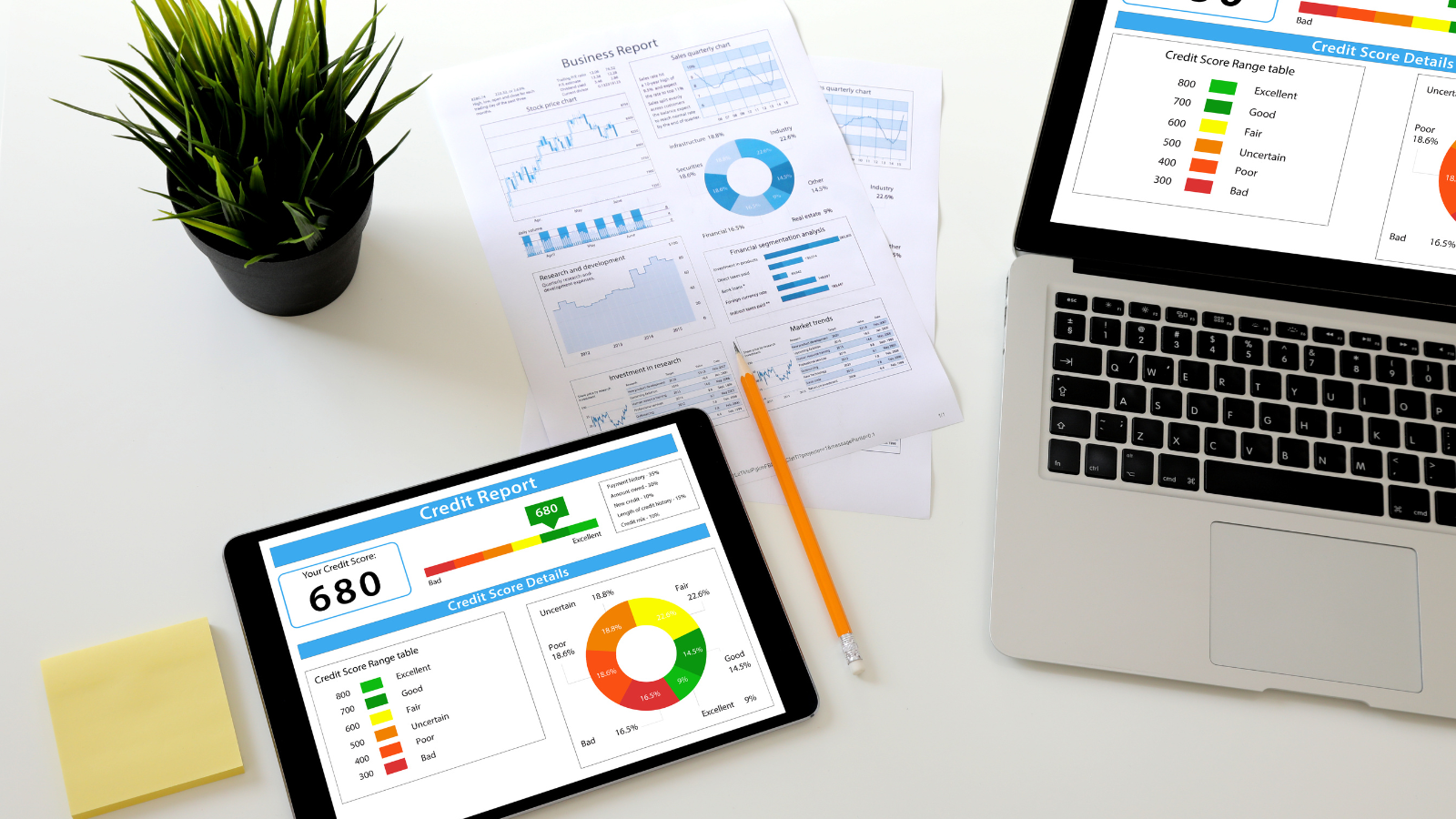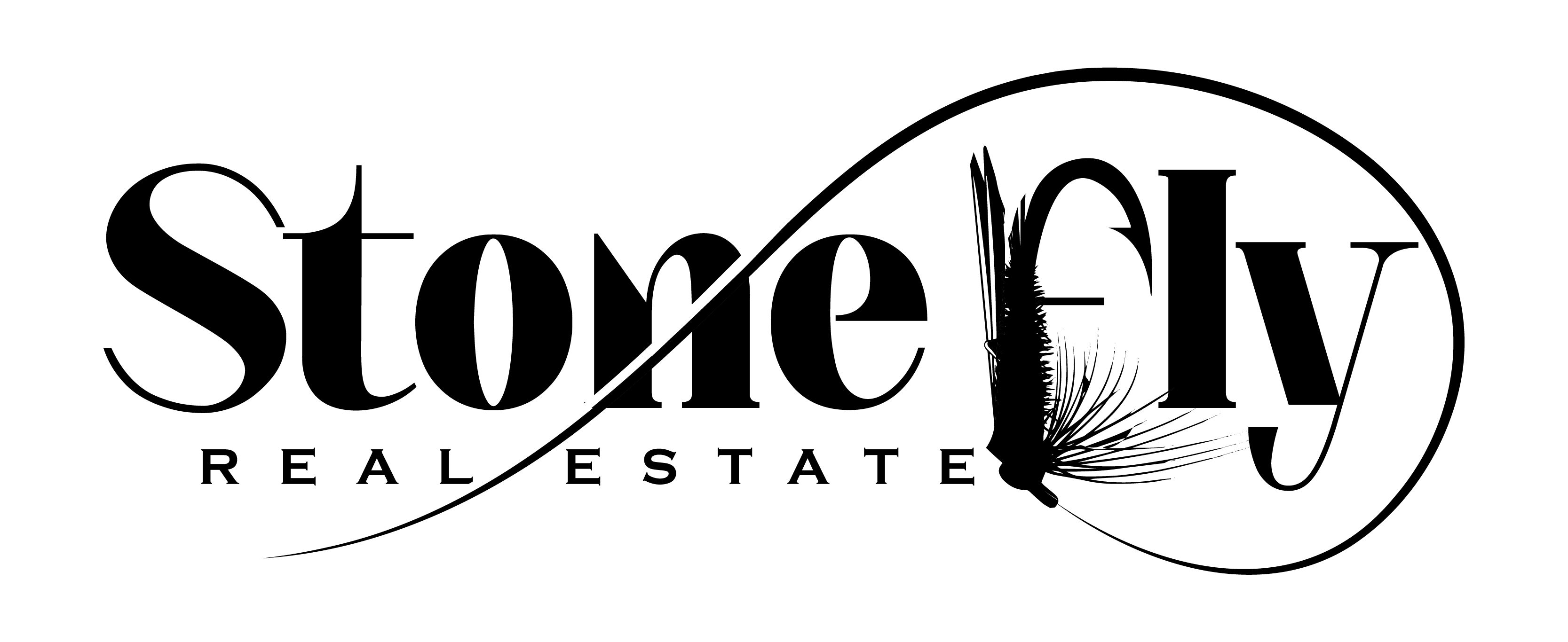Published January 28, 2025
Understanding Your Credit: Do’s and Don’ts for Buying a Home Now or in the Future

Understanding Your Credit: Do’s and Don’ts for Buying a Home Now or in the Future
Buying a home is an exciting milestone, but it can also feel overwhelming, especially when it comes to your credit. Whether you’re looking to buy now or in the future, understanding how your credit impacts your home-buying process is crucial. Here’s a guide on the do’s and don’ts when it comes to managing your credit in preparation for purchasing a home.
The Importance of Credit in Home Buying
Your credit score plays a significant role in whether or not you qualify for a mortgage and what interest rates you'll receive. A higher score means you're more likely to be approved for a loan with favorable terms, while a lower score may result in higher monthly payments or even a loan denial.
Mortgage lenders typically look for a score of 620 or higher, though certain loan types have specific score requirements.
Do’s for Maintaining Healthy Credit for Buying a Home
Do Check Your Credit Report Regularly: Your credit report contains all the details about your credit history. It's important to regularly check your credit report for any errors, as mistakes can hurt your score. You can get a free credit report from each of the three major bureaus (Equifax, Experian, and TransUnion) once a year at AnnualCreditReport.com.
Do Pay Your Bills on Time: Your payment history makes up a significant portion of your credit score. Late payments can drag your score down, making it more difficult to secure a mortgage. Set up automatic payments or reminders to ensure your bills are always paid on time.
Do Keep Your Credit Utilization Low: Your credit utilization ratio is the amount of credit you're using compared to your available credit. Lenders prefer to see a ratio of under 30%, meaning if your credit limit is $10,000, try to keep your balance below $3,000.
Do Save for a Larger Down Payment: If your credit score is on the lower end, a larger down payment can help improve your chances of securing a mortgage. A bigger down payment reduces the lender’s risk, showing that you’re financially stable.
Don’ts When It Comes to Credit and Home Buying
Don’t Open New Credit Accounts: Opening new credit accounts before buying a home can lower your credit score temporarily. Avoid taking on new debt or applying for new credit cards while you're in the home-buying process.
Don’t Miss Payments on Existing Debt: Even a small missed payment can have a significant impact on your credit score. Keep all your existing accounts current and try to pay off high-interest debts to improve your score.
Don’t Max Out Your Credit Cards: Maxing out your credit cards negatively impacts your credit score and makes it harder to qualify for a mortgage. Pay off any high balances before applying for a loan.
Don’t Co-Sign for Loans: While it’s generous to help a family member or friend by co-signing for a loan, it can negatively affect your credit and debt-to-income ratio, which lenders consider when evaluating your mortgage application.
Loan Types and Their Credit Score Requirements
Different types of loans have different credit score requirements. Here’s an overview of the most common mortgage options and the credit scores needed to qualify:
Conventional Loans: These are the most common type of mortgage. A minimum credit score of 620 is typically required. However, the higher your score, the better your chances of getting approved and securing a lower interest rate.
FHA Loans: Backed by the Federal Housing Administration, FHA loans are a great option for first-time homebuyers. The minimum credit score required for an FHA loan is 580 for the lowest down payment option (3.5%). If your score is between 500 and 579, you may still qualify, but you’ll need a larger down payment of 10%.
VA Loans: Available to veterans, active-duty service members, and certain members of the National Guard and Reserves, VA loans don’t technically have a minimum credit score requirement. However, most lenders look for a score of 620 or higher. VA loans offer competitive interest rates and often require no down payment.
USDA Loans: These loans are designed for rural homebuyers and are backed by the U.S. Department of Agriculture. USDA loans require a credit score of 640 or higher, but it’s possible to get approved with a lower score if you meet other qualifications. In addition, 100% financing is available!
Conclusion
Managing your credit wisely can set you up for success when purchasing a home, whether now or in the future. By following these simple do’s and don’ts, and understanding which loan types you qualify for, you can improve your chances of securing a mortgage with favorable terms.
If you're planning to buy a home soon, take the time to review your credit report and start building healthy credit habits. Contact Stonefly Real Estate for a free consultation to help you understand the process of buying a home. A good credit score today can help make your homeownership dreams a reality tomorrow.
Remember, you can check your credit for free at AnnualCreditReport.com to stay on top of your credit status!





